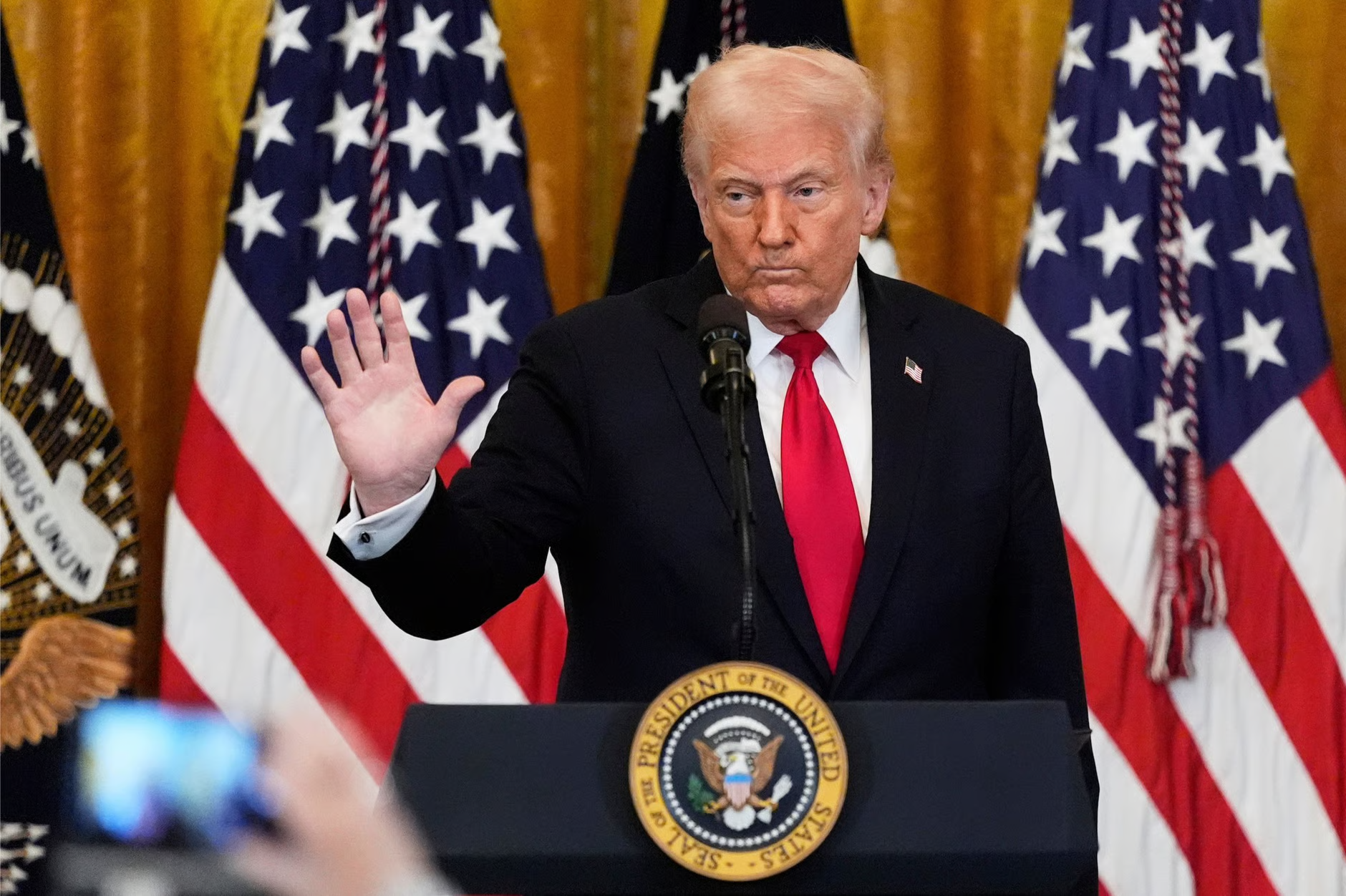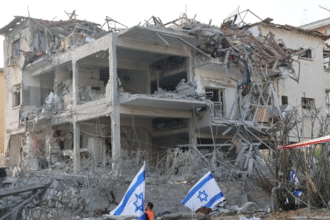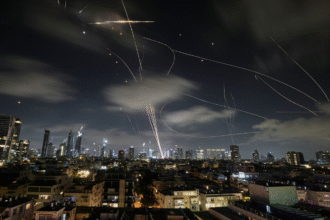In a landmark 6-3 ruling, the US Supreme Court has permitted former President Donald Trump’s administration to resume deporting migrants to third countries nations that are not their country of origin. This controversial decision overturns a prior federal court ruling and has ignited intense legal and human rights debates.
Reversal of Federal Injunction
The case stems from a challenge brought by eight migrants from countries including Myanmar, Cuba, South Sudan, Mexico, Vietnam, and Laos. These individuals were deported in May on a flight allegedly bound for South Sudan. Previously, Boston District Judge Brian Murphy had mandated that such migrants be given a “meaningful opportunity” to voice concerns about potential threats to their safety if deported to third-party countries.
However, the Supreme Court reversed this requirement. The majority opinion, unsigned but endorsed by six conservative justices, enables immigration authorities to bypass the previous obligation to provide notice or a hearing regardless of the potential risks involved in the deportation destination.
Strong Dissent from Liberal Justices
The court’s liberal wing, composed of Justices Sonia Sotomayor, Elena Kagan, and Ketanji Brown Jackson, delivered a fierce dissent. Justice Sotomayor described the decision as a “gross abuse” of judicial discretion.
She wrote:
“Apparently, the court finds the idea that thousands will suffer violence in far-flung locales more palatable than the remote possibility that a district court exceeded its powers when it ordered the government to provide constitutionally guaranteed due process.”
The dissenting justices emphasized that removing individuals without due process violates both legal and humanitarian standards, particularly when those deported face threats of torture or death.
Homeland Security Celebrates the Ruling
Despite the backlash, the Department of Homeland Security (DHS) hailed the ruling as a victory for national security.
“Fire up the deportation planes,” said DHS spokesperson Tricia McLaughlin, underlining the agency’s renewed focus on enforcing strict immigration controls.
The Trump administration defended the deportations, labeling the migrants as “the worst of the worst,” and claiming they had committed violent crimes such as murder, arson, and armed robbery. However, attorneys representing the detainees argue that several of the individuals have no criminal record and were unfairly profiled.
Legal and Humanitarian Concerns Mount
The National Immigration Litigation Alliance (NILA), which represents the plaintiffs, called the decision “horrifying.” Executive Director Trina Realmuto warned that the ruling opens the door for individuals to be sent to countries where they risk being tortured or killed.
NILA further argued that the court ignored internationally recognized refugee protections, violating both domestic and international human rights standards.
Meanwhile, the US Solicitor General John Sauer defended the administration’s stance, claiming that many countries refuse to accept deportees especially those with criminal records forcing the government to create makeshift detention facilities, such as the one in Djibouti where the eight plaintiffs were temporarily held.
A Broader Pattern of Immigration Rollbacks
This ruling comes on the heels of two other major immigration-related decisions favoring Trump. In May, the Supreme Court allowed his administration to end Temporary Protected Status (TPS) for over 350,000 Venezuelans. Another decision gave the green light to suspend a humanitarian parole programme for migrants from Cuba, Nicaragua, Haiti, and Venezuela.
Critics view these moves as part of a broader strategy to restrict immigration and rollback asylum protections. Advocates fear that such decisions set dangerous precedents and undermine America’s reputation as a refuge for those fleeing persecution.
The Supreme Court’s ruling marks a pivotal moment in the ongoing debate over immigration and asylum policy in the United States. While supporters argue it strengthens national security and expedites legal processes, opponents warn of grave humanitarian consequences and violations of international law.
As legal battles continue and deportation flights resume, the fate of thousands of vulnerable individuals hangs in the balance many of whom now face the chilling uncertainty of being expelled to countries they’ve never known, with no guarantee of safety.






